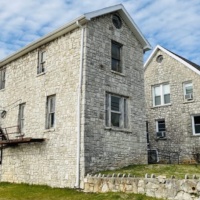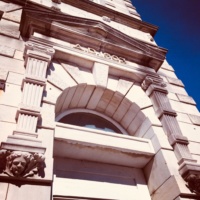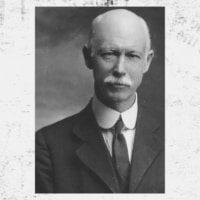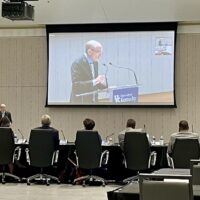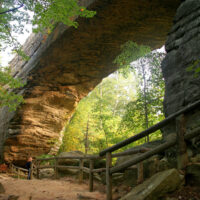Two Cherokee leaders, Whitepath and Fly Smith, died and were buried near Little River on the southern edge of Hopkinsville in the winter of 1838-39. They were among Cherokees who camped at Hopkinsville during their forced removal — known as the Trail of Tears — from Native American land in the Smoky Mountains region of Georgia, Tennessee and North Carolina.
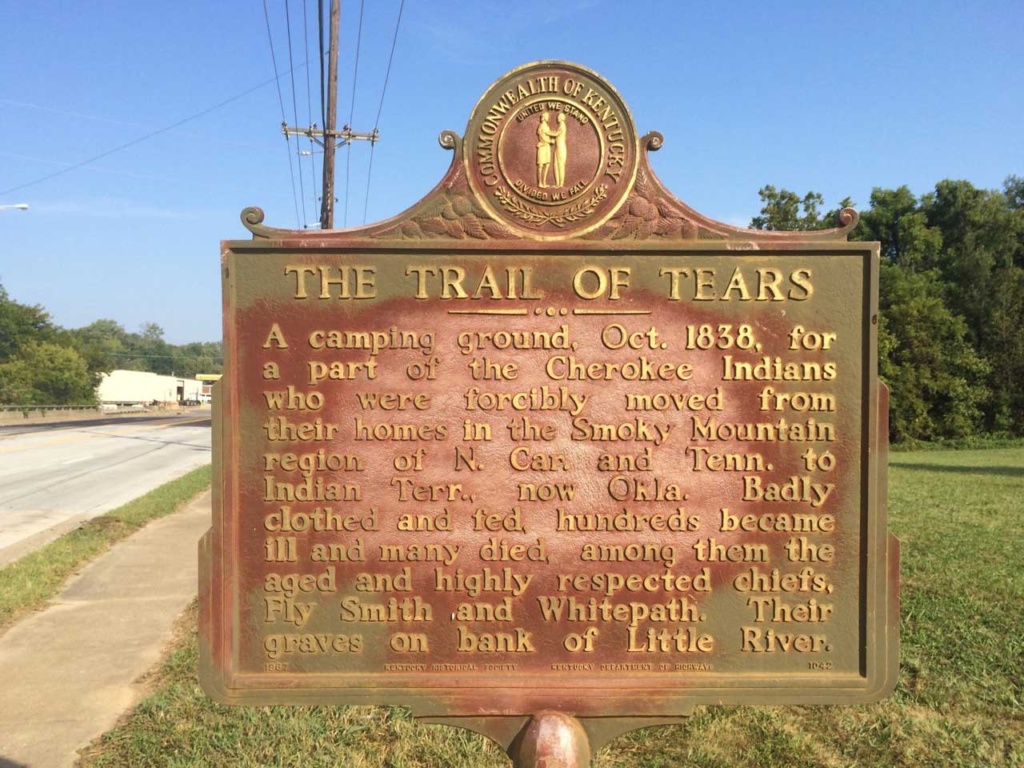
Following their deaths, the graves of Whitepath and Fly Smith were marked by fieldstone and eventually became obscured by overgrowth. Then in 1954, a resident of the Cherokee Park subdivision off East Ninth Street uncovered the graves while removing brush in his yard. A Kentucky Historical Marker, erected in 1967 on East Ninth at the river, memorialized the Trail of Tears passage through the city.
Historians estimate that 4,000 Cherokees died of hunger, disease and exposure during the forced march from the Southeast to a Native American reservation designated by the federal government in Oklahoma.
Several acres of land comprising the former Cherokee winter camp in Hopkinsville — including a parcel on the river owned by the Kentucky New Era beginning in the early 1970s — was deeded to the Trail of Tears Commemorative Park after President Reagan signed legislation designating a National Historical Trail passing through the city.
Today the Trail of Tears Commemorative Park includes statues representing Whitepath and Fly Smith, sculpted by Hopkinsville artist Steve Shields, at the graves of the two Cherokee elders.
Jennifer P. Brown is co-founder, publisher and editor of Hoptown Chronicle. You can reach her at editor@hoptownchronicle.org. She spent 30 years as a reporter and editor at the Kentucky New Era. She is a co-chair of the national advisory board to the Institute for Rural Journalism and Community Issues, governing board president for the Kentucky Historical Society, and co-founder of the Kentucky Open Government Coalition.
